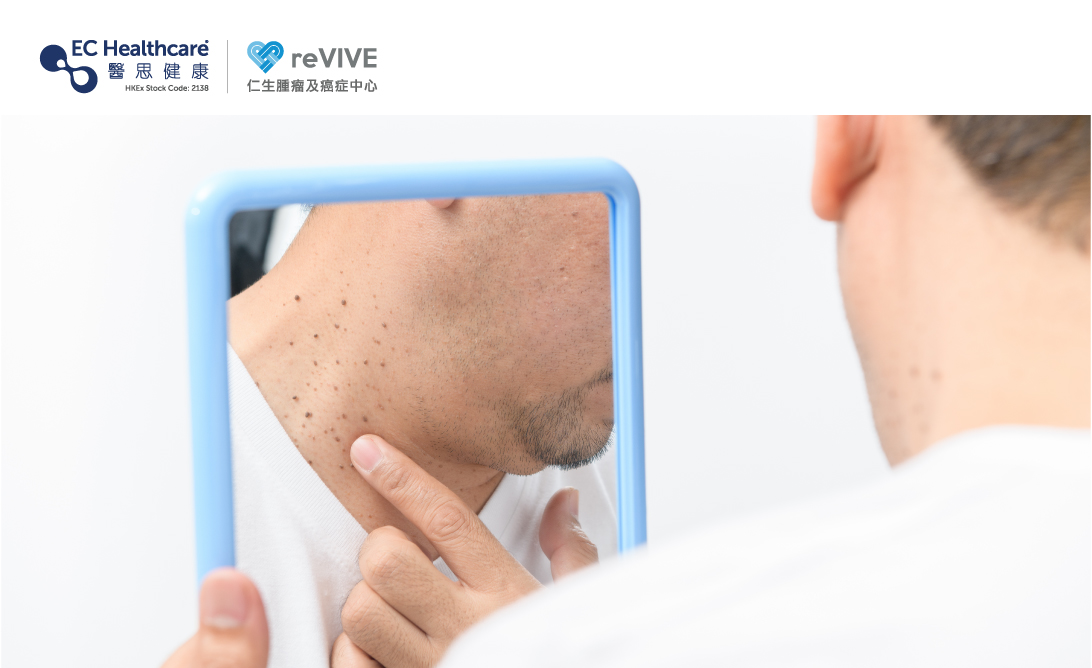Watch Out for Basal Cell Carcinoma: Unexplained Brown Spots and Bleeding Ulcers on Your Skin


While basal cell carcinoma may not be a well-known term, it is actually the most common form of skin cancer. Data shows that basal cell carcinoma accounts for approximately 70% to 85% of skin cancer cases.

Understanding Basal Cell Carcinoma
Basal cell carcinoma typically originates from the basal cells of the skin's epidermis. It is primarily caused by prolonged exposure of skin cells to intense sunlight, resulting in damage from ultraviolet radiation. As a result, it commonly appears on areas of the body that are frequently exposed to UV rays, such as the scalp, face, ears, neck, and forearms.
Basal cell carcinoma is typically non-metastatic and exhibits slow growth. Cellular changes often take more than 10 years to develop, which is why it is commonly diagnosed in individuals aged 50 or above. Its appearance can resemble a pink, flesh-colored, brown, or black raised nodule, which is painless and non-itchy, leading many to mistake it for a mole. However, as time progresses, cancer cells may infiltrate deeper layers of the skin, causing damage to surrounding tissues and resulting in ulceration and bleeding. This increases the complexity of treatment and the likelihood of recurrence.
6 High-Risk Factors for Basal Cell Carcinoma
1. Prolonged sun exposure, such as frequent sunbathing, outdoor workers, farmers, fishermen, etc.
2. Fair skin, freckles, Caucasian ethnicity
3. Advanced age, cumulative sun damage over the years
4. Family history of melanoma, xeroderma pigmentosum, basal cell nevus syndrome, or other skin cancer conditions
5. Previous radiation therapy or use of immunosuppressive medications
6. Regular exposure to toxic substances such as arsenic, found in industries involving petroleum, coal, paraffin, semiconductors, and electronics manufacturing.
Take Adequate Sun Protection Measures!
While basal cell carcinoma is a low-risk cancer with a low fatality rate and various treatment options, prevention is always better than cure. By adopting effective sun protection measures such as applying sunscreen, wearing long-sleeved clothing, and wearing hats, you can significantly reduce the risk of prolonged exposure to harmful UV radiation and lower the chances of developing basal cell carcinoma. If you have any concerns, it is advisable to seek professional advice from a doctor who may arrange imaging tests or biopsy for further diagnosis based on the individual case.









